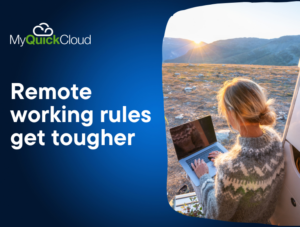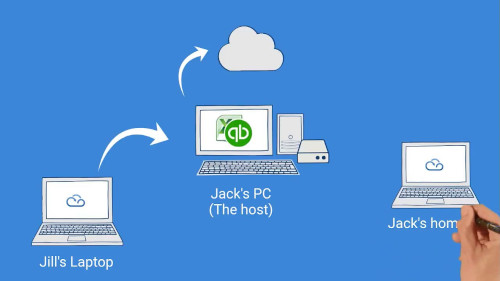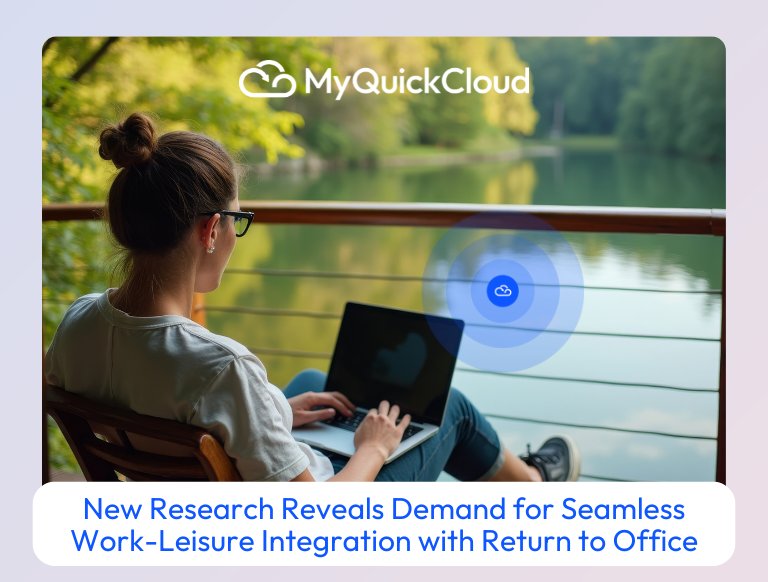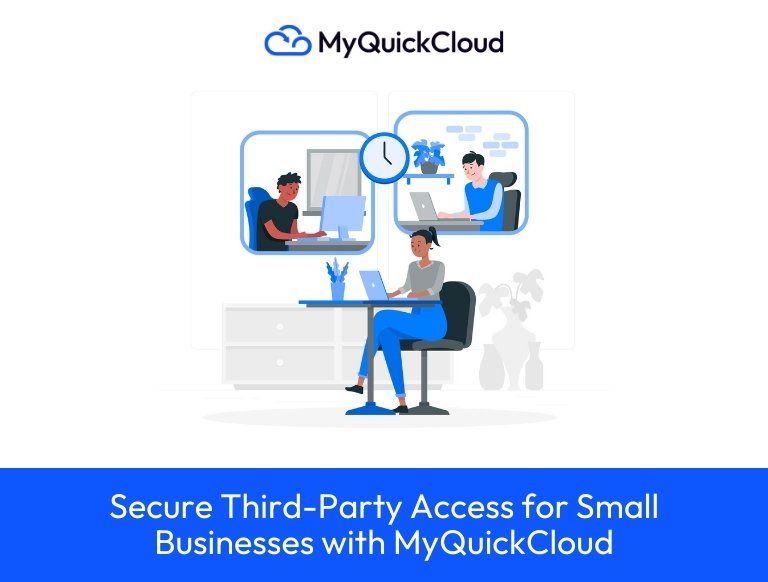Three in every five workers in the UK say that, in the past few months, their employer has become stricter about making staff come into the office. In a survey of 2,000 workers across the UK, 60 per cent agreed with the statement “In the past few months, my employer has become stricter about making sure staff come into the office.”
But the research showed that cutting working from home options may prove counterproductive for organisations.
More than half of the workers polled (54 per cent) described being able to work from home as “non-negotiable”. Women felt more strongly about this than men with 56 per cent saying the same. And when existing employees were asked what they would do if their employer told them to spend even more time working in the office, 55 per cent said they would consider quitting their job. Millennial and Generation Z workers felt the most strongly with 63 per cent and 62 saying the same.
“Organisations digging in and refusing to budge on remote working could face a great deal of pain as a result,” commented Victoria Short, CEO of Randstad UK. “They need to keep that in mind, when trying to attract and retain talent.”
The research highlighted a disconnect between the amount of time workers wanted to work from home and the amount of time employers wanted them to work in the office.
When asked, “In an ideal world, how many days per week would you work from the office, as opposed to working remotely?” workers wanted to work in the office 2½ days a week. Civil servants and those working in telecommunications wanted to spend the least amount of time in the office (2.1 days and 2.0 days respectively).
But most employers demand their workers spend more time in the office, with respondents reporting they had to work 3 days in the office, on average. The industry with the closest match between expectations and reality was financial services, where employees say they want to work 2½ days in the office, on average, and say their employers’ policies demand they work 2½ days in the office.
Randstad also asked workers if they wouldn’t accept a job if it didn’t provide flexibility around where they worked (e.g. working from home), 39 per cent agreed with 48 per cent of Generation Z saying the same. The highly educated were far more likely to turn down a job without remote options (42 per cent) than workers with a lower standard of education (28 per cent).
Victoria Short said: “There are huge numbers of employers whose working from home policies are negatively affecting their employer brand with potential hires and existing talent. They risk haemorrhaging workers and finding it harder — or more expensive — to replace them in 2024. It looks counterproductive.”
When asked about their current job and/or potential future employment, 81 per cent of workers said flexibility in terms of working hours was important to them — unchanged from the previous year.
Flexibility in terms of hours was most important to Millennials (those born between 1981-1996) (84 per cent) and Generation X workers (82 per cent) but was still important to Boomers (79 per cent) and members of Generation Z (78 per cent).
Almost three-quarters of workers (69 per cent) reported that flexibility in terms of location (ie: the ability to work remotely, from home or from other locations) was important to them — also unchanged from the previous year. Boomers — presumably including more managerial roles than other age-groups — reported valuing hybrid and remote options the least (61 per cent view this as important) along with Generation X (65 per cent). Millennials (79 per cent) and Generation Z (74 per cent) valued it more highly.
The top three priorities of workers remain unchanged in terms of order: work/life balance pay (95 per cent — compared to 94 per cent last year); pay (94 per cent — compared to 93 per cent last year); and job security (91 per cent — unchanged).
The research also found that workers looking for new jobs are becoming less interested in their employer’s attitude to sustainability, diversity, transparency. The purpose and values of their employers has become less important to workers with only 22 per cent saying it is very important — compared to 31 per cent a year before — and only 36 per cent describing it as somewhat important, compared to 41 per cent last year.
To get started with remote working software, check out myquickcloud.com where you can get the office experience and work from anywhere at the same time.





